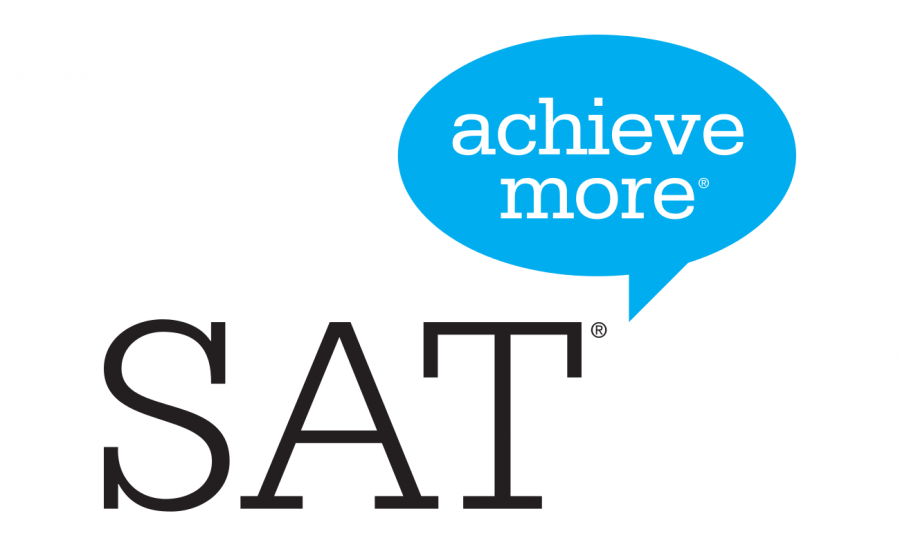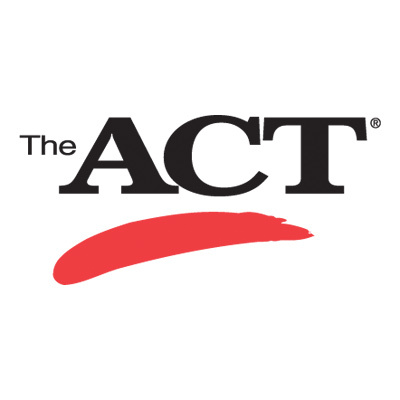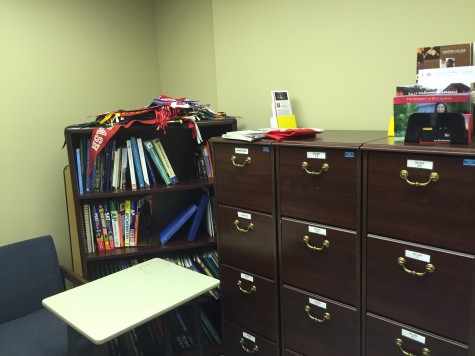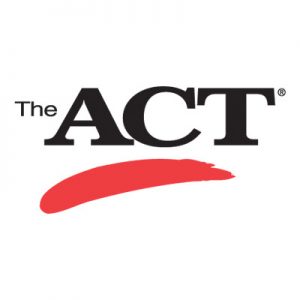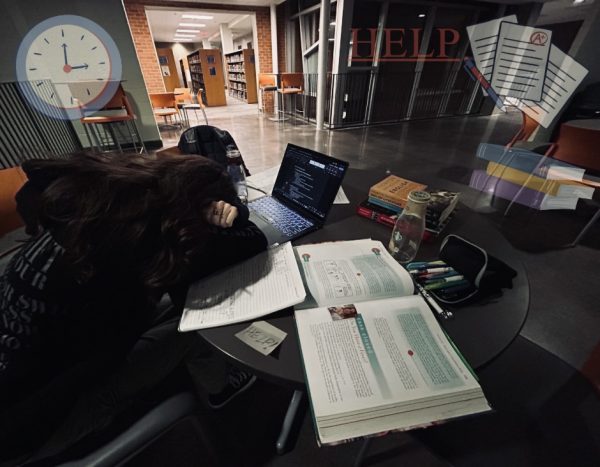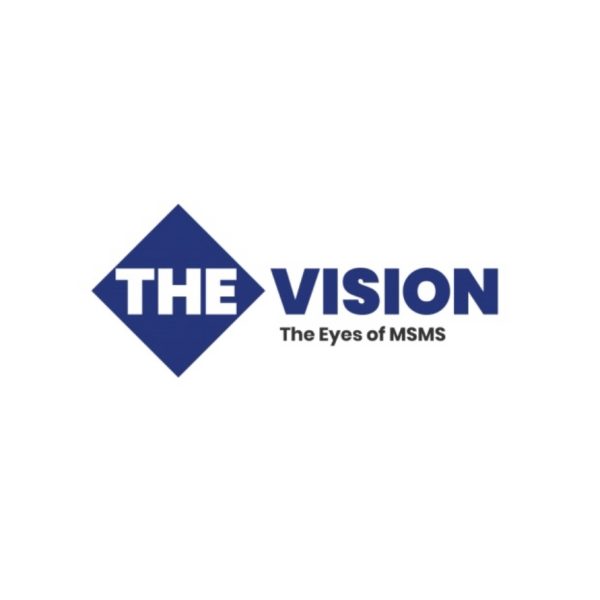Luo: August SAT Yet Another Controversy
Colleges use standardized tests as a normalizing tool for the vast differences between school curriculum and teaching methods. That is why they are so prolific and a necessary evil—because we haven’t come up with anything better. What I find concerning, however, is the helpless reliance upon so-called non-profits to generate test material and run the show.
The SAT was administered at MSMS on August 25. Soon after, the Internet filled with a flurry of anxious, faceless students discussing rumors of leaked test answers, badgering for unofficial answer keys, and spouting anti-Chinese sentiment. Accusations of Chinese and Korean students flying over to cheat on the exam fluttered about. As it turned out, the most recent August SAT was reused from the international October 2017 test. Though College Board alleges it takes exam security very seriously, the answers were certainly online thanks to systematic test theft.
In March 2016, Reuters detailed the extensive test-leaking industry present in East Asia in a multi-part series. According to Reuters, “Chinese and South Korean test-prep operations have circumvented the College Board’s defenses by building repositories of past SAT questions.” Techniques as simple as photographing tests or memorization allow tests to leave the room. If it is known a test could be reused, you can bet the answer key will be used as a test prep guide. There is no effective safeguard against discussion of test questions. Despite instruction to “not, under any circumstances, take any test questions from the testing room, give them to anyone, or discuss them with anyone through any means, including, but not limited to, email, text messages, or the Internet,” student discussion of questions can easily be found online. Reuters mentions that one way Asian test-preppers can compile answers is from sites like Reddit and College Confidential.
The knee-jerk anger at Asian students and at the College Board I saw on the Internet after the August SAT highlighted how our culture puts faith into a system that operates in a black box. Education is in love with standardized testing, desperate to put a number on knowledge and intelligence. For a non-profit, College Board generates hundreds of millions in revenue. College Board has an interest in keeping mum about recycling of tests for the sake of reducing resources and expenses. There is no data compiled of test reuse. Test reuse happens routinely, controversy surfacing and sinking cyclically.
Contrary to rumor, the August SAT scores were not cancelled. Doing so would mean a loss of revenue. Up to four score reports were free until September 3; now, a score report costs $12 per transmission. A rather manipulative model, test-takers do not know their scores until after the free period is up. The deadline to sign up without penalty for the October SAT was also September 7, for the same effect as a Black Friday sale for what I imagine are some panicked students.
Students are bound to take College Board exams because there is little other choice. Eligibility for National Merit scholarships depends upon taking the PSAT and SAT. Many universities require SAT II Subject Tests. AP exams are used to obtain college credit. The ACT is the only comparable competitor, but the ACT is subject to the same scandals of test reuse, cheating, and lack of transparency. The ACT is by far more popular in Mississippi, many schools offering a test session free for students and incentives for high scores. The STAR program, run by the Mississippi Economic Council, exists to “encourage achievement among the state’s high school students.” Even MSMS requires an ACT score for entrance, additionally boasting significant increases in scores after entrance. Numerous merit scholarships rely upon standardized test scores, and for that reason, students, at MSMS and elsewhere, are right to covet high scores. But test-prepping culture and systematic cheating arises from believing high scores are the key to a successful life.
Education’s dependence upon standardized tests extends worldwide from cram schools to all-defining entrance exams. For as long as colleges require a metric to compare students by, I am pessimistic there is any better solution.
Further Reading:

Michelle Luo is a senior at MSMS and the Web Editor of The Vision. The broad spectrum of her interests range from mechanical engineering to creative writing....

